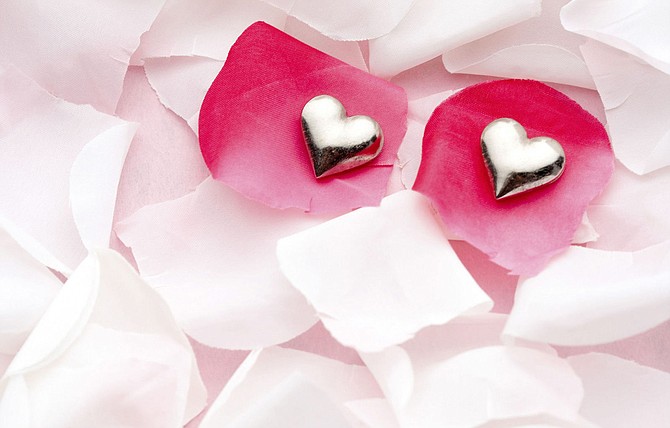Several months ago, my 8-year-old daughter decided she needed to start the age-old, honored tradition of female adornment and get her ears pierced. I knew it had a lot to do with the other girls in her class, but seeing as how I got mine pierced at 8—and I've yet to end up stripping or living under a bridge—I decided to give her permission. We drove to the mall with my mother because this is obviously a three-generation female rite-of-passage that deserves celebration. We got to the store and spent about 20 minutes picking out the studs she wanted to wear.
During that time, my kid decided she needed to use the restroom, and I pointed to a sales clerk and informed her that if she asked, I bet that lady would tell her where it was. She refused. She then stomped a foot and pulled a Mariah Carey with a clear, "I don't know her." I thought about telling her to take her crown off, but I pulled a more old-school parent line and said, "Well, I guess you don't have to pee that bad."
This made her angry, but she knows my "I'm done" look. She carried on about her business of looting the wall of sunglasses while we waited for the lady with the ear-piercing gun to be ready for her. Right before she sat in the chair to get them pierced, the possibility of pain set into her mind, and she began to cry. We spent another 10 minutes talking about what it meant to be brave. We've had a few conversations about this over the years—first day of school, making friends at new places, the typical things that can be frightening for kids to navigate.
She kept saying, "I'm scared, Mama." I told her that the reality was often not as bad as the idea, and if it was something that she really wanted, she'd decide to endure it. I told her that being brave didn't mean you weren't scared. It meant you were scared and did it anyway.
Then I asked her one last time, "Do you want to do this?"
She said, "Yes," and grabbed both my hands, squeezed them and sat there tall and proud while they pierced her ears. She then burst out laughing and crying at the same time. It was over. She could relax. She delightfully informed me that it "wasn't that bad." The store employee spent about five minutes congratulating her and teaching her how to clean her new earrings. She preened and the tears dried quickly.
She bounced out of the store with her nana and then, seeming to remember that she had to go to the bathroom, she asked about it again. I repeated my earlier suggestion. She looked at me, freshly pierced ears flashing with a new knowledge of herself, and turned around and walked right up to the sales clerk and asked for the location of the restroom.
I thought about how that story plays out in real life daily. We are scared of something, and one day we realize that if we want it enough, we will be brave and endure the pain for it. And then something even more magical happens: Every situation after that requires us to be "brave" gets easier and easier. We begin to understand the power that is already within us.
I also teach her that some days it's OK to decide not to be. Being brave is hard work, but it is our best work. Facing a monster down, metaphorically, teaches us the fundamental fact that they are never as big and scary as we think. And we are always bigger and stronger than we think.
She returned from the bathroom and presented the story of asking the sales clerk where the bathroom was as a Ulysses-esque adventure, and I listened attentively. Because that is also part of the process: the story of when you were first brave. We all have that one. The day we were scared, but we decided to do it anyway.
Lori Gregory is a social worker from Greenville, Miss. She lives in Fondren with two ruined rescues and an 8-year-old daughter who terrorizes her.




Comments
Use the comment form below to begin a discussion about this content.